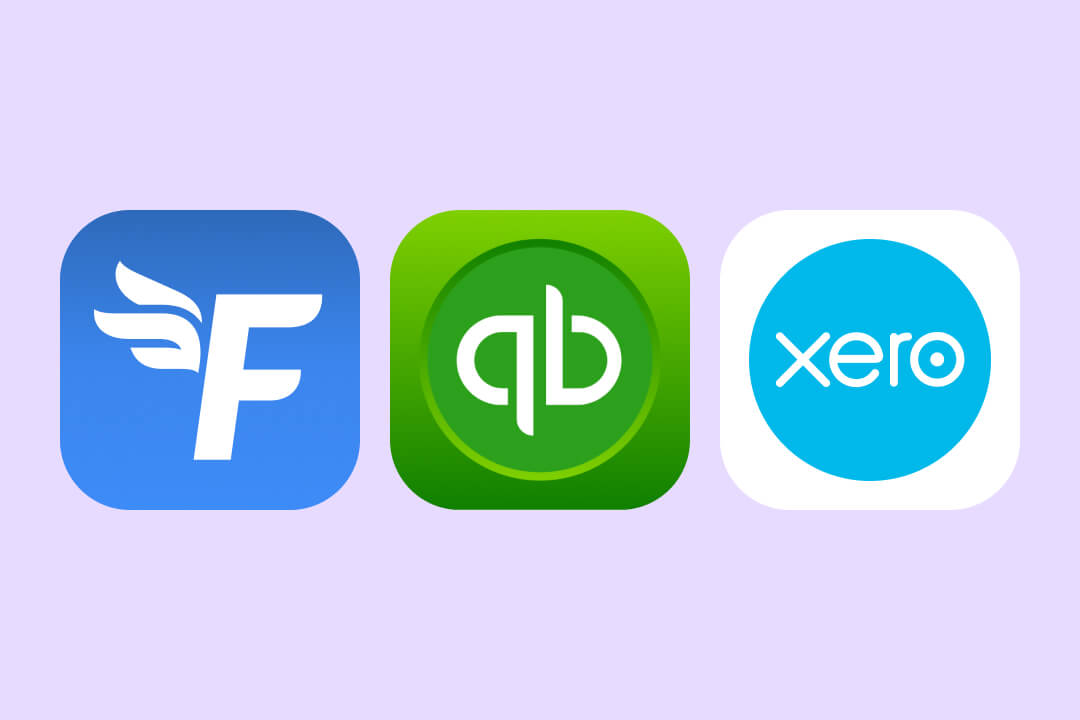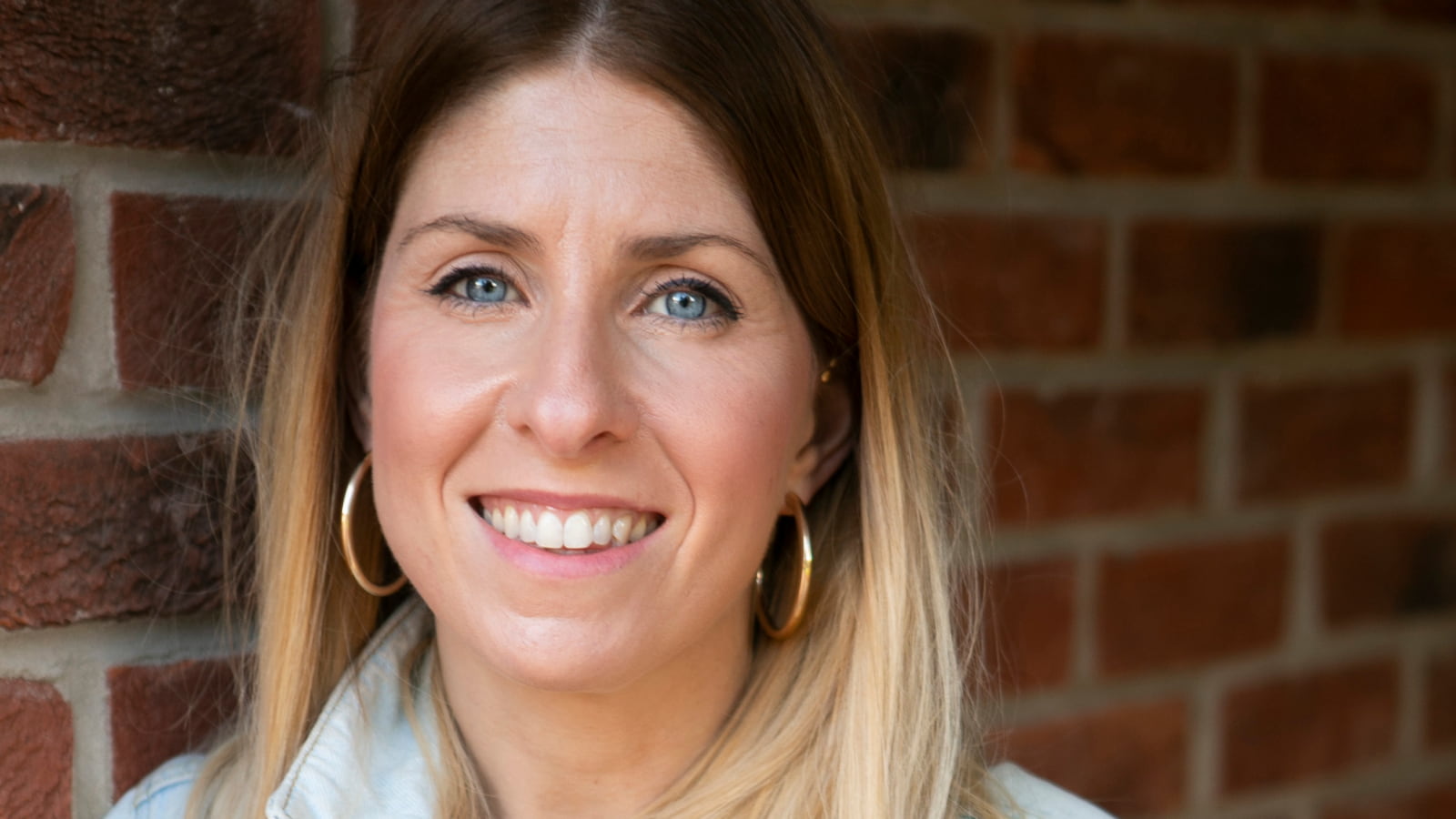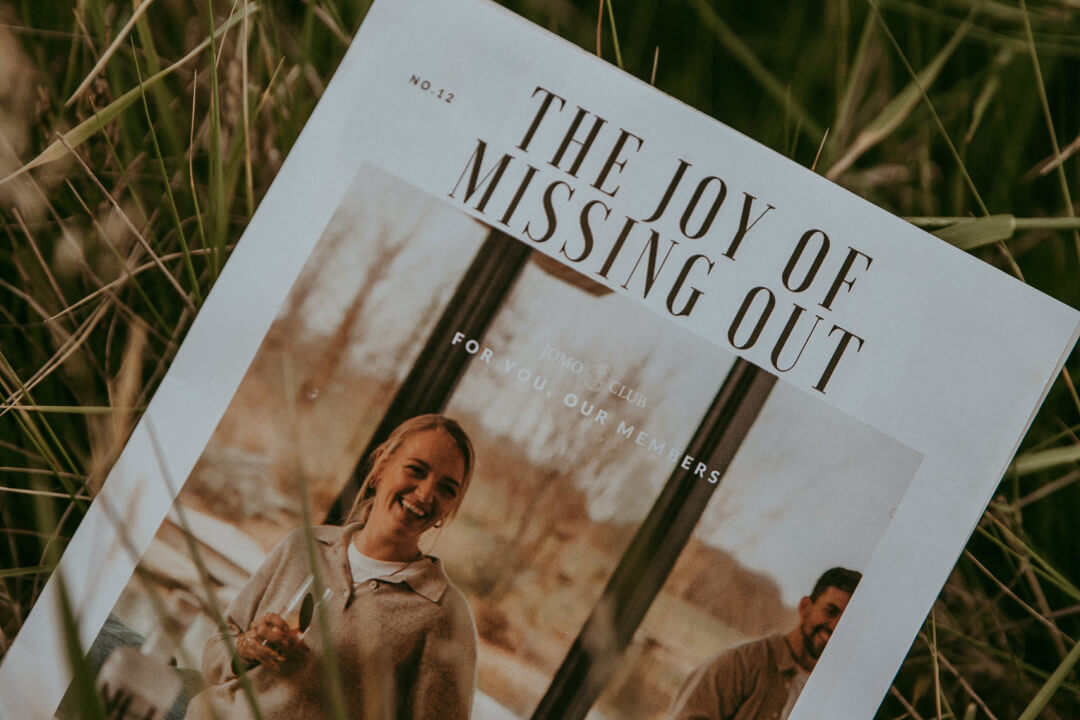
Business
A round-up of accounting software options for Starling business customers
By Charlotte Lorimer
Women in Business

How does the idea of tackling a challenge make you feel? ‘Excited’, ‘energised’ or ‘scared’ are words that may come to mind – familiar to many entrepreneurs.
Although for women in business, the word ‘frustrated’ may creep in there, especially when the challenge is that much greater, just because you’re a woman. According to Small Business Britain, only 15% of entrepreneurs and founders are women, even though we account for 48% of the population. Starling’s founder Anne Boden is among the British cohort of female founders – and the only woman to start a UK bank.
And yet, Small Business Britain have revealed that four in five female entrepreneurs (80%) feel more confident in their abilities after launching their business, with 87% feeling happier. However, respondents did acknowledge the demands on their time, with 60% struggling to switch off from work and 39% reporting stress and exhaustion.
When asked what helps them face the challenge of running and growing their businesses, four Starling business customers spoke of a common thread: mentorship. Not only do these women each have a mentor to help them work towards their goals, they also act as mentors to others – something that further drives them forward.
“There are things that I’ve navigated as an entrepreneur that I didn’t think were that impressive or have just become normal to me,” says Jamelia Donaldson. “But my mentees have shown me that actually, I really broke industry norms.”
Jamelia runs TreasureTress, an international subscription-based business that enables those with textured or curly hair to discover and try new products from leading brands. “In a space where textured hair was often an afterthought, TreasureTress reshapes how brands engage with Black and Multicultural consumers – and ensures that it’s done in a meaningful and authentic way.”
“A mentor is someone who supports someone with their career or business goals – or whatever they need help with,” says Jenn McGarrigle, co-founder and CEO of sustainability consultancy, Cyd Connects. “They might work in the same company as you, and could also become your sponsor – so advocating for your pay or making sure your views are heard in meetings. Or they can be external.”
Throughout her career, Jenn struggled to find a mentor but struck gold while working at the beauty company Liz Earle. “I asked my boss to be my mentor and with her help, I ended up crafting a new role for myself. We presented it to the CEO, who supported it. My boss also advocated for my pay. I had an amount that I wanted, and she went higher without telling me.”
Jenn now mentors two or three people at a time, mainly through the Women of Colour Global Network.
Jamelia’s one word answer? Confidence. “It’s sometimes, it’s not until you speak to someone who’s still on the journey to where you are now that you see how tenacious you’ve been or how well you’ve built up your network. It’s also incredibly rewarding to see someone take your advice, work on it, and come back to you with updates. It makes all of the tears, all the lonely, dark times in your own journey feel valuable. Those moments don’t need to sit in your memory bank – they can be used to help someone overcome their own challenges.”
For example, when one of her mentees spoke about how she was struggling to manage cash flow, Jamelia had many stories from the early days to tell her. “Challenges always feel really personal when you don’t have someone to share them with. But even the biggest businesses in the world have cash flow issues – it’s not unique to you, which can be really comforting to hear.”
“There’s a perception that you have to be a senior leader or at management level to be a mentor, but that’s not the case,” says Jenn. “Everybody has something to offer.” As Michelle Pughe-Parry de Klerk, founder of the community The Women’s Chapter, says: “You never know who you could inspire. There’s a great concept in the entrepreneurial world called a ‘shadow board’, which is made up of customers, clients, suppliers – people who have little or no exposure to your business’ industry. We all have a valuable contribution to make.”
Michelle set up her first business 11 years ago. She now supports fellow female entrepreneurs and leaders through The Women’s Chapter, which has reached more than 25,000 women through its events, membership and pro bono work. The Women’s Chapter also mentors young entrepreneurs through The King’s Trust (previously The Prince’s Trust).
“If you’re an employee, step one would definitely be finding out whether your organisation runs a formal mentorship programme,” says Jane Johnson, founder of the online community for working mothers, Careering into Motherhood.
Starling’s women’s network launched our mentorship programme in 2023. So far, 90% of mentees say that they’re making progress on their career goals thanks to the programme. One of the mentors in the programme reflects: “I’ve helped my mentor with things that feel intuitive to me, which has reminded me of how far I’ve come – you forget what it’s like to be in your first job!”
Jane adds: “What’s great about being a mentor to someone in your company is that you’ll already understand the culture your mentee is working within. You might also be able to help your mentee hear about new roles and really champion them.”
Working in a company without a mentorship scheme? Go on – set one up! This is what Jane did by calling on her LinkedIn network. Following her post, 150 people in her network were connected to self-employed career coaches, all listed on the Careering in Motherhood website, and looking for a mentor.
If you’re self-employed, why not join a small business community and find a connection that way? The Women’s Chapter accepts applications from women entrepreneurs and professionals in all industries and donates 5% of membership fees to its charity partners.
Once you’ve got your first session lined up, Michelle recommends noting down and asking the following two questions: ‘What does success look like for you?’ and ‘What’s standing in your way?’
Jenn: “There’s no one defining characteristic. You just need to make it about them, not about you. You can’t go in expecting credit or a tonne of gratitude. Focus on the person in front of you, show up for them and support them in what they need.”
Jamelia: “Some of my best ‘mentors’ have been authors or podcasters. This is going to sound really corny but Banking on It by Anne Boden [the founder of Starling] is in my top 10. It was the first time that I read about a woman in leadership who was so tenacious and had been challenged on so many levels with such intense rivalry. She put the challenges I was facing into perspective.”
Michelle: “A great mentor is a sounding board, especially if the person in front of you is suffering from imposter syndrome – which we all do at times. If you can ask questions like ‘Tell me about a highlight from the last six months’ or ‘What would surprise your 16-year-old self if they could see you now,’ you can help someone see how far they’ve come and show them that they deserve the success they’re aiming for.”
Jane: “Someone with clear boundaries. Lots of mentors are asked to help lots of very deserving people and often say ‘no’ because the time commitment and expectations aren’t clear. But if you tell someone upfront, ‘I can mentor you for an hour a month for six months,’ this clarity not only sets up the connection, but also brings focus and intention to the sessions.”
Are you also a woman in business? Starling is the only UK bank founded by a woman. We offer business accounts to both sole traders and limited companies.
Explore our business accounts
Business
By Charlotte Lorimer

Business
By Charlotte Lorimer

Business
By Charlotte Lorimer

Business
By Charlotte Lorimer